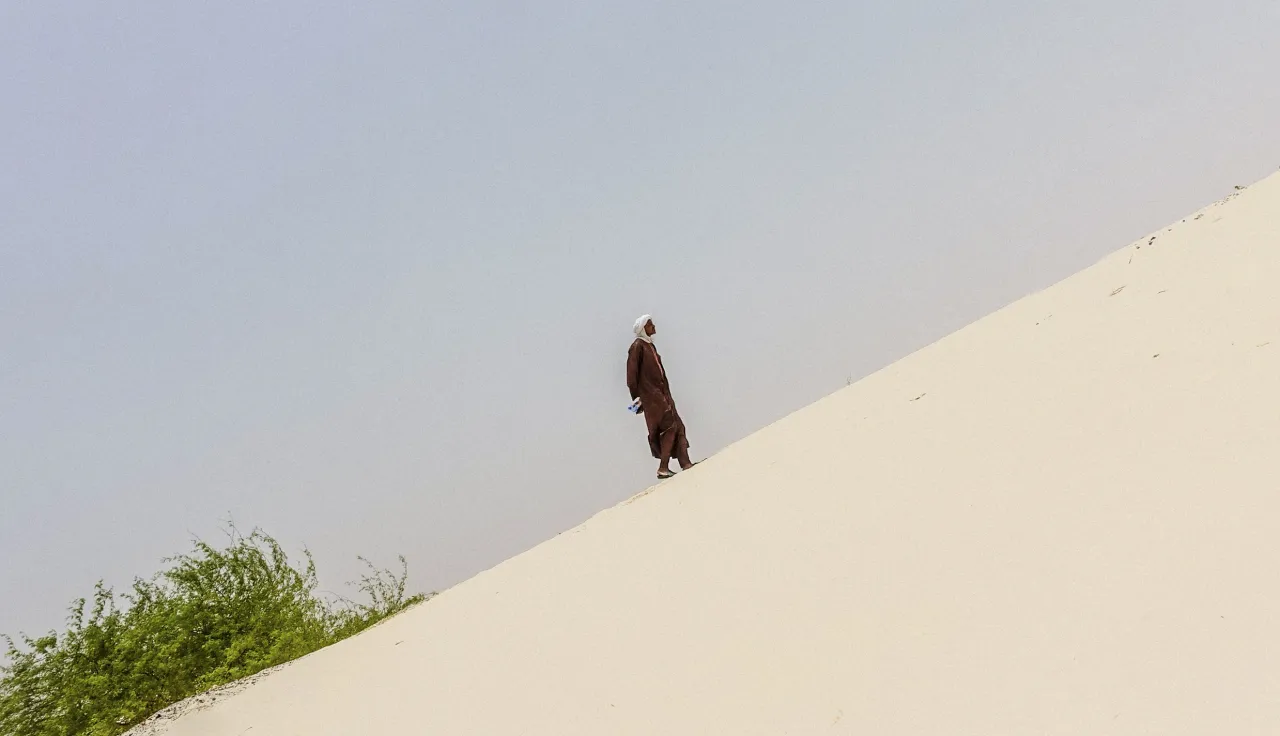The following joint statement can be attributed to Presidents of the International Federation of Red Cross and Red Crescent Societies (IFRC) and the International Committee of the Red Cross (ICRC) ahead of COP26, on the last day of the Red Cross Red Crescent Movement Summit on pandemics, climate change and local action:
Today, the COVID-19 pandemic and the climate crisis are affecting every aspect of our lives and societies, including our physical and mental wellbeing, our livelihoods, and our economies. The poorest and the most vulnerable, who have contributed least to the climate crisis, are being hit hardest.
In the lead-up to COP26, the Red Cross Red Crescent Movement is urging world leaders to act now for rapid and drastic reductions in greenhouse gas emissions, and at the same time to urgently address the existing and imminent humanitarian impacts of climate change, taking into account the lessons learned from the COVID-19 crisis.
Around the world, poor and vulnerable communities are facing multiple crises at once. The layered effects of extreme-weather events, food insecurity, COVID-19 and conflicts, are putting millions of lives at risk and creating unprecedented humanitarian needs.
Climate change is functioning as a risk multiplier, with increasingly devastating impacts. Since the beginning of the pandemic, climate-related disasters have severely affected the lives of at least 139 million people. Of the 25 countries most vulnerable to climate change, 14 are also mired in conflict. And yet these very communities and countries are among the most neglected by climate finance. This needs to change.




